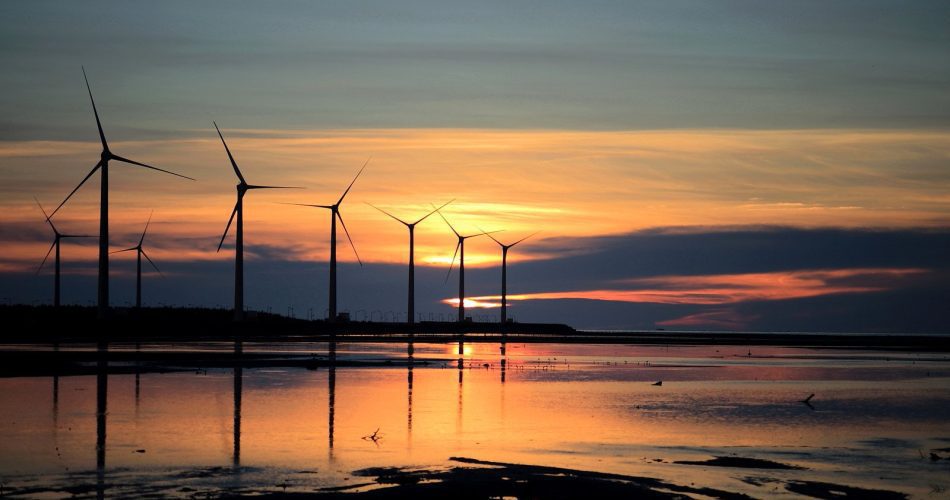Climate change is undeniably one of the most pressing issues of our time, and as the world continues to grapple with its effects, scientists and engineers are hard at work developing cutting-edge technologies to combat this global challenge. From harnessing the power of solar and wind energy to exploring groundbreaking geoengineering solutions, innovative minds are pushing the boundaries in search for sustainable answers. So let's dive into these fascinating new technologies that promise a greener future – not just for ourselves but for generations to come!
Solar Energy
Solar energy is undoubtedly making waves in the battle against climate change. As the most abundant renewable energy source on Earth, it has immense potential to power our homes and industries with clean, green electricity. Recent advancements have made solar technology more efficient and cost-effective than ever before.
Photovoltaic (PV) cells are a vital part of this progress, as they convert sunlight directly into electricity. With their ever-improving efficiency rates, PV installations are becoming increasingly widespread across residential rooftops and large-scale solar farms alike.
Another promising development in solar technology is concentrated solar power (CSP). This system uses mirrors or lenses to focus sunlight onto a small area – typically containing a thermal fluid – which collects heat to create steam and drive turbines that generate electricity. CSP plants can store excess heat for later use, providing reliable energy even during cloudy periods or after sunset.
Let's not forget about community-based solar initiatives designed to make this renewable resource accessible for all! These programs allow individuals who cannot install panels on their property due to financial constraints or unsuitable locations to invest in shared projects and reap the benefits of clean energy production together. Innovation within the realm of solar continues at an impressive pace; it's truly an exciting time for those looking forward to a sustainable future powered by sunlight!
Wind Energy
Wind energy is one of the most promising renewable sources of power that can help us combat climate change. It harnesses the kinetic energy from air currents to produce electricity, making it a clean and sustainable alternative to fossil fuels.
The benefits of wind energy are numerous. Unlike traditional power plants, wind turbines produce no emissions or pollution, helping to reduce our carbon footprint and improve air quality. Moreover, wind farms have minimal land use impact and provide economic opportunities for rural communities through job creation and revenue generation.
Today's advanced technology has made wind energy more efficient than ever before; modern turbines can convert up to 60% of available wind into electrical power. Furthermore, innovations in turbine design allow them to operate at lower speeds with greater reliability and less noise.
While there are still challenges facing the expansion of wind energy as a viable source of power globally including intermittency issues associated with weather patterns; however due investments in research on battery technologies might be able solve this issue soon enough!
Geoengineering
As we have seen, solar and wind energy are becoming increasingly popular as renewable sources of power. However, they alone may not be sufficient to combat climate change. This is where geoengineering comes into play.
Geoengineering involves large-scale interventions in the Earth's natural systems to counteract the effects of climate change. Some examples include carbon capture and storage, ocean fertilization, and solar radiation management.
While these technologies have potential benefits in mitigating climate change, they also carry significant risks and uncertainties. It is important that any deployment of geoengineering be approached with caution and transparency.
A combination of renewable energy sources such as solar and wind power along with responsible use of geoengineering technologies could help us tackle the challenges posed by climate change. As individuals, we can all take steps towards reducing our carbon footprint through simple actions such as using public transport or cycling instead of driving or reducing meat consumption. Together we can make a difference for our planet's future!
